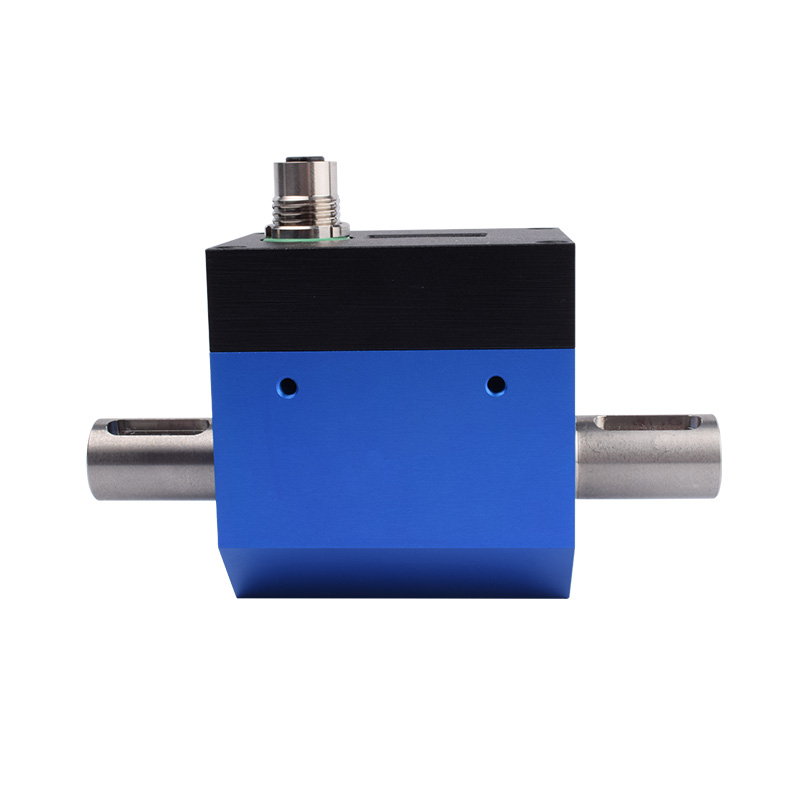In the world of industrial automation and precision engineering, torque sensors play a pivotal role in ensuring optimal performance and safety. These sensors are designed to measure and monitor the rotational force, or torque, applied to various components and machinery. In this blog post, we will explore the significance of torque sensors and their applications in a wide range of industries.
What is a Torque Sensor?
A torque sensor, also known as a torque transducer, is a device that converts torque into an electrical signal. It measures the amount of force along with the direction of rotation, allowing for accurate torque measurement and analysis. This data is crucial for assessing the performance, efficiency, and integrity of mechanical systems.
Applications in Industrial Settings:
- Automotive Industry: Shaft-to-shaft torque sensors are extensively used in automotive manufacturing, particularly in engine testing, powertrain development, and quality assurance. They enable engineers to measure torque output, detect issues, and optimize engine performance.
- Robotics and Automation: Non-contact torque sensors are vital in robotics and automation applications for precise control of joint movements. They provide feedback to ensure that robotic systems operate within specified torque limits and maintain safe operation.
- Aerospace and Aviation: Torque sensors play a critical role in the maintenance and testing of aircraft engines, propellers, and control surfaces. They assist in monitoring torque during assembly, track performance during flight testing, and aid in the overall safety and efficiency of aerospace systems.
- Energy and Power Generation: Torque sensors are utilized in power plants, including thermal, nuclear, and renewable energy facilities. They enable accurate measurement of torque in generators, turbines, and other rotating equipment, ensuring efficient power generation.
- Manufacturing and Industrial Machinery: Torque sensors contribute to the quality control and performance monitoring of machinery used in manufacturing processes. From assembly lines to heavy equipment, these sensors assist in detecting faults, optimizing output, and preventing equipment damage.
Benefits of Torque Sensors:
- Enhanced Efficiency: Torque sensors help optimize energy consumption by ensuring precise control and minimizing wastage.
- Improved Safety: By monitoring torque levels, these sensors prevent overload conditions that could lead to accidents or equipment failure.
- Quality Assurance: Accurate torque measurement ensures that products meet stringent quality standards and performance requirements.
- Predictive Maintenance: By detecting abnormalities in torque levels, these sensors enable preventive maintenance, preventing unexpected breakdowns and reducing downtime.
Torque sensors play a crucial role in various industries, enabling precise measurement, control, and optimization of torque-related parameters. From automotive manufacturing to aerospace applications, these sensors contribute to efficiency, safety, and overall performance. As technology continues to advance, torque sensors will continue to evolve, empowering industries to achieve greater levels of automation, accuracy, and reliability.
